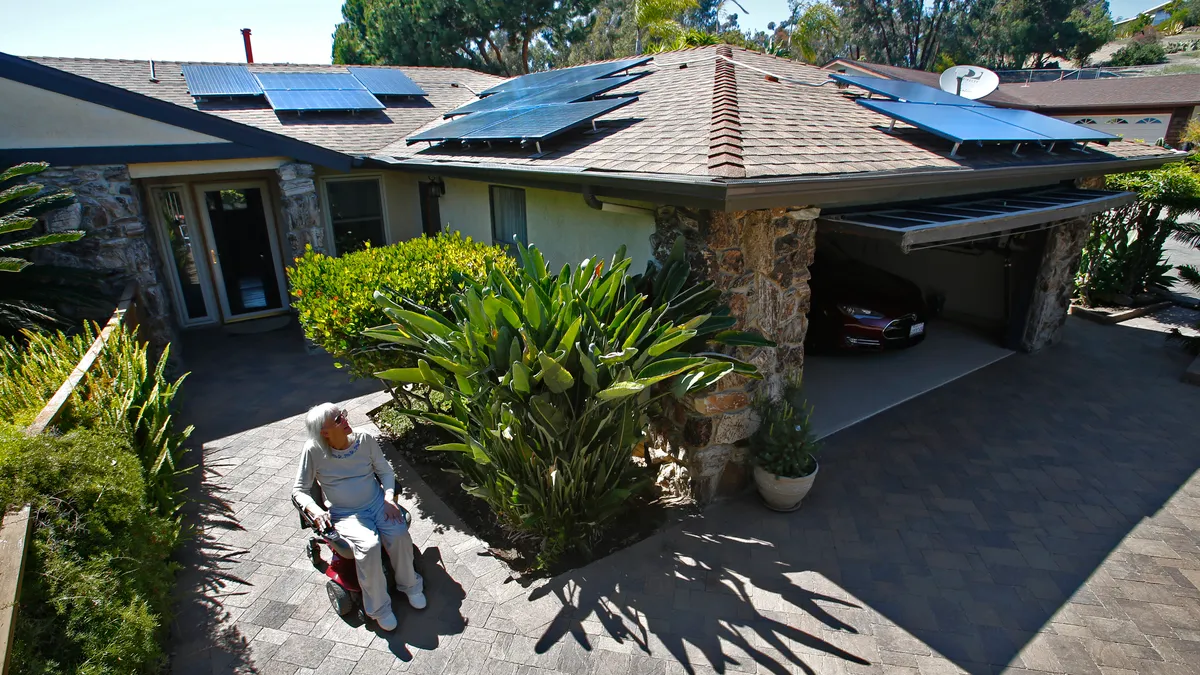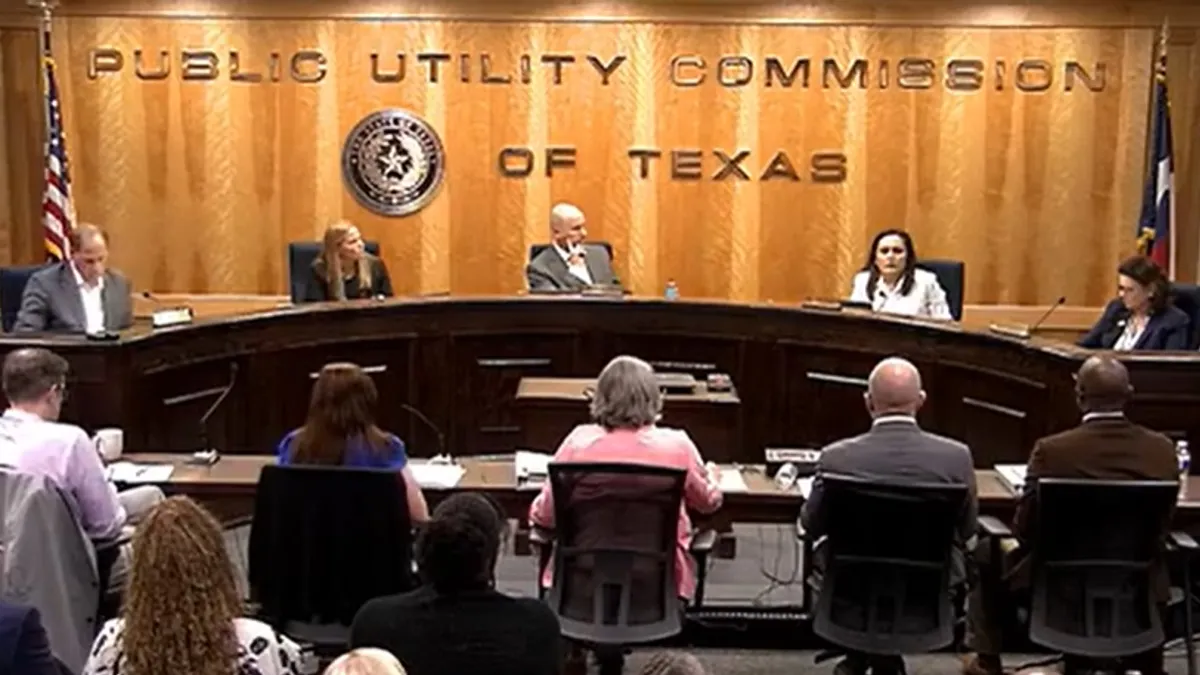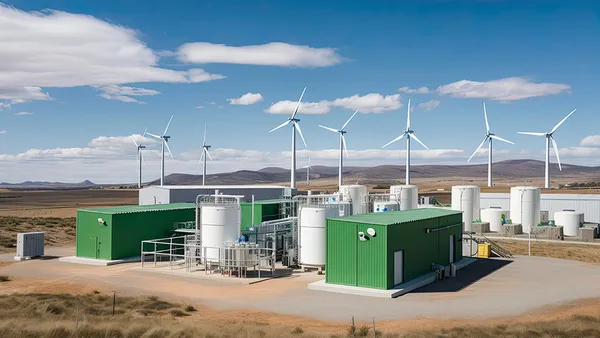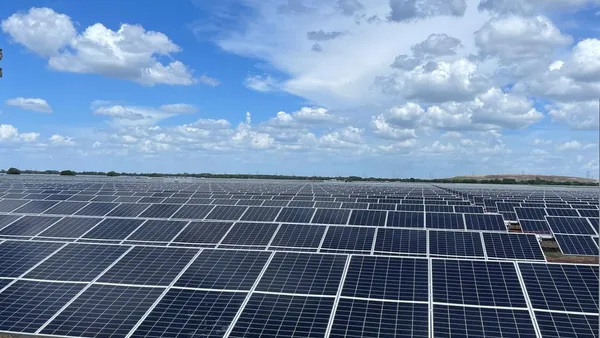Dive Brief:
- A broad coalition of solar advocates this week launched a coordinated campaign to oppose a utility-backed solar ballot initiative in the upcoming election, a measure they say will protect monopolies and limit customer access to renewable energy, Florida Politics reports.
- Amendment 1 is supported by the state's utilities, seeks to establish a right for consumers to own or lease solar equipment, but not legalize third-party ownership. Solar advocates, however, say citizens already have that right, and utilities are simply protecting their own interests.
- Another proposed amendment, backed by Floridians for Solar Choice and other advocates, did not make it onto the ballot this year but would have legalized third-party ownership of distributed solar.
Dive Insight:
The election is just two months away, and Florida environmental supporters are working to build a coalition to oppose Amendment 1. Announced this week, Floridians for Solar Choice say they have brought together members of four political parties, along with free market advocates and solar industry representatives to support the “Vote No On 1” campaign.
“Amendment 1 is a cleverly-designed attempt to maintain monopoly control over Florida’s energy industry," FSC Chair Tory Perfetti said in a statement.
Amendment 1 is backed by a group known as Consumers for Solar Choice (CSC). Solar advocates have criticized the proposed measure as more beneficial for the utility sector rather than the consumer. According to Florida Politics, CSC raised almost $19 million to advocate for the ballot initiative, largely sourced from Duke Energy, Gulf Power Company, TECO, and Florida Power & Light.
In the spring, the Florida Supreme Court voted 4-3 to approve the Amendment 1 ballot language. But Judge Barbara Pariente said in her dissent of the language that the measure doesn't give consumers an actual "choice" to choose energy alternatives.
On a less controversial solar issue, Florida voters in August approved a ballot measure that will eliminate property taxes on solar panels installed at commercial and industrial facilities. That measure, Amendment 4, received almost 75% of votes cast and needed just 60% to pass. According to solar advocates, the vote "sends a strong signal that Florida is open for business" for solar energy, though it is not a preview of how the upcoming November election will swing.














